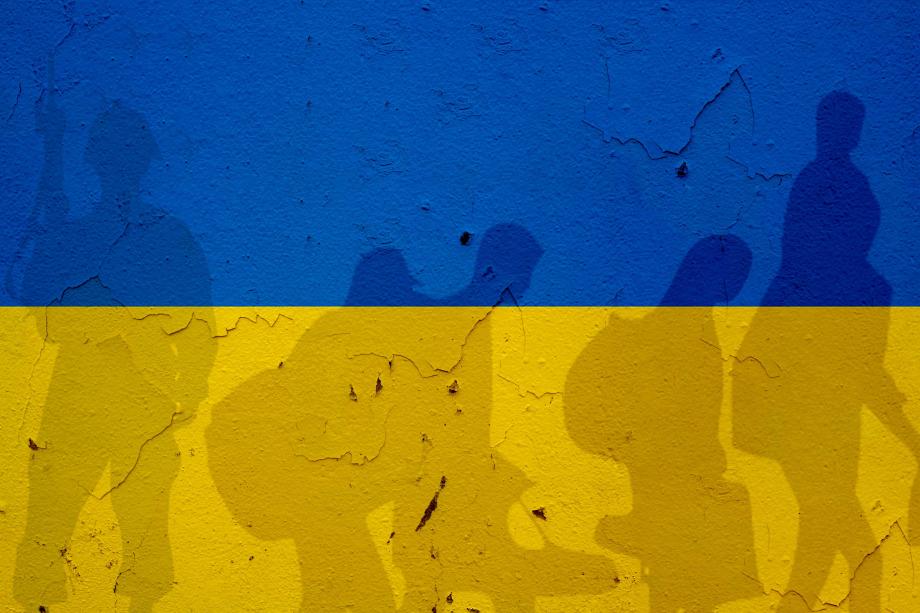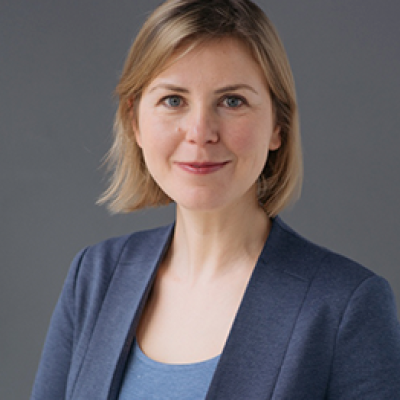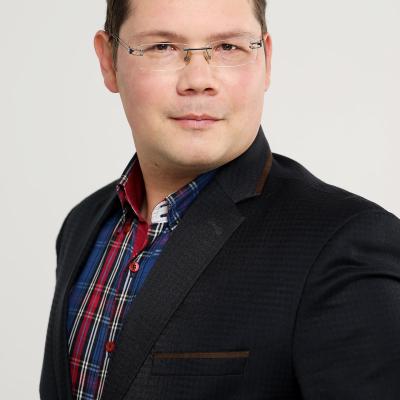Ukrainian refugees in Visegrad countries: Societal Attitudes and Challenges of Accommodating People Fleeing the War

Visegrad countries (V4) now host more than 2.1 million people, representing around a quarter of all Ukrainians who have fled their country following the Russian invasion. The region, therefore, has become a testing ground for different social, economic, political and information-related processes connected to the acceptance and integration of refugees.
It is notable that Ukrainian refugees come from a society that is geographically and culturally similar to the V4 region. The arrivals also primarily include women and children escaping war atrocities. Ukrainian refugees in the V4, consequently, have been met with tremendous empathy from host populations, with many locals personally involved in providing housing, food, clothes and financial support.
Government aid programmes have also been set up ensuring access to limited social services in accordance with national legislative acts supporting the implementation of EU Directive 2011/24/EU. Although the scope and essence of government aid varies from country to country, Ukrainian refugees in all V4 countries can benefit from access to the local labour markets, healthcare, housing, education, and limited financial support.
The mass influx of refugees has caused new problems for host economies, while solving some older ones. The housing crisis, for its part, has been compounded, detrimentally impacting both refugees and host populations alike. V4 countries are also experiencing shortages in healthcare and education professionals able to provide services to refugees. That said, Ukrainian refugees have helped to fill job positions considered unattractive by locals, driving economic growth and, in some cases, generating budget revenues that, in fact, surpass government spending on refugee support.
Nearly 10 months following Russia’s invasion and ahead of a forecasted winter energy crisis likely to create another wave of refugees, there is already a certain fatigue felt by societies reflected in the curtailment of government assistance programmes. Yet as a GLOBSEC public opinion poll conducted in V4 countries shows, overall societal attitudes in the region towards Ukrainian refugees remain overwhelmingly positive - both with respect to views on hosting refugees and towards sustaining this support.
While the Polish public vehemently backs the aid provided to refugees, larger societal divisions are found in Slovakia on numerous refugee-related issues. A majority of Slovaks, for instance, believe refugee support should be slashed and/or discontinued. Some nuances also emerge with respect to the specific forms of refugee support that populations back. All V4 countries, for example, espouse strong support for providing refugees with access to free language courses, suggesting respondents may expect stronger integration of Ukrainians into host societies. Certain social benefits, like free transportation and subdized rent, meanwhile, are generally not supported by host populations, with many concerned about their own welfare amid the economic crisis.
Public attitudes towards refugees tend to be affected by the education background and financial situation of respondents (with people from lower income brackets and lower education levels more likely to express negative views) and the sources of information they consume (people that get their news from social media and personal communications are more critical of refugee support). Political affiliation also matters: those who sympathize with political parties advancing an anti-refugee agenda are more likely to hold critical views regarding Ukrainians (this patterns especially holds true in Slovakia).
In light of social and economic developments in the region, the V4 governments can be expected to continue providing support to Ukrainian refugees. Yet this assistance may be cut and its length shortened, considering limited resource availability and aims to encourage Ukrainians to be more active on the labour market. Governments, though, will also need to be more proactive in facilitating the employment of qualified professionals through simplified procedures for recognizing their qualifications and by ensuring broader access to, among other services, relevant language courses, retraining opportunities and daycare facilities.
All told, the region would be prudent to develop a more comprehensive and long-term policy approach. Ukrainians indeed will likely remain a part of V4 societies long after the war is over. Ukrainians, on their part, could do more to contribute to local societies and allow host communities to learn more about Ukrainian culture, values and their struggle for freedom. Cooperation between the V4 governments and Kyiv can forge win-win solutions that benefit Ukraine’s postwar recovery and provide a sustained link between their societies and economies even after some refugees return home.
Read more in the PDF below.
Funded by the European Union. Views and opinions expressed are however those of the author(s) only and do not necessarily reflect those of the European Union or EACEA. Neither the European Union nor the granting authority can be held responsible for them.


